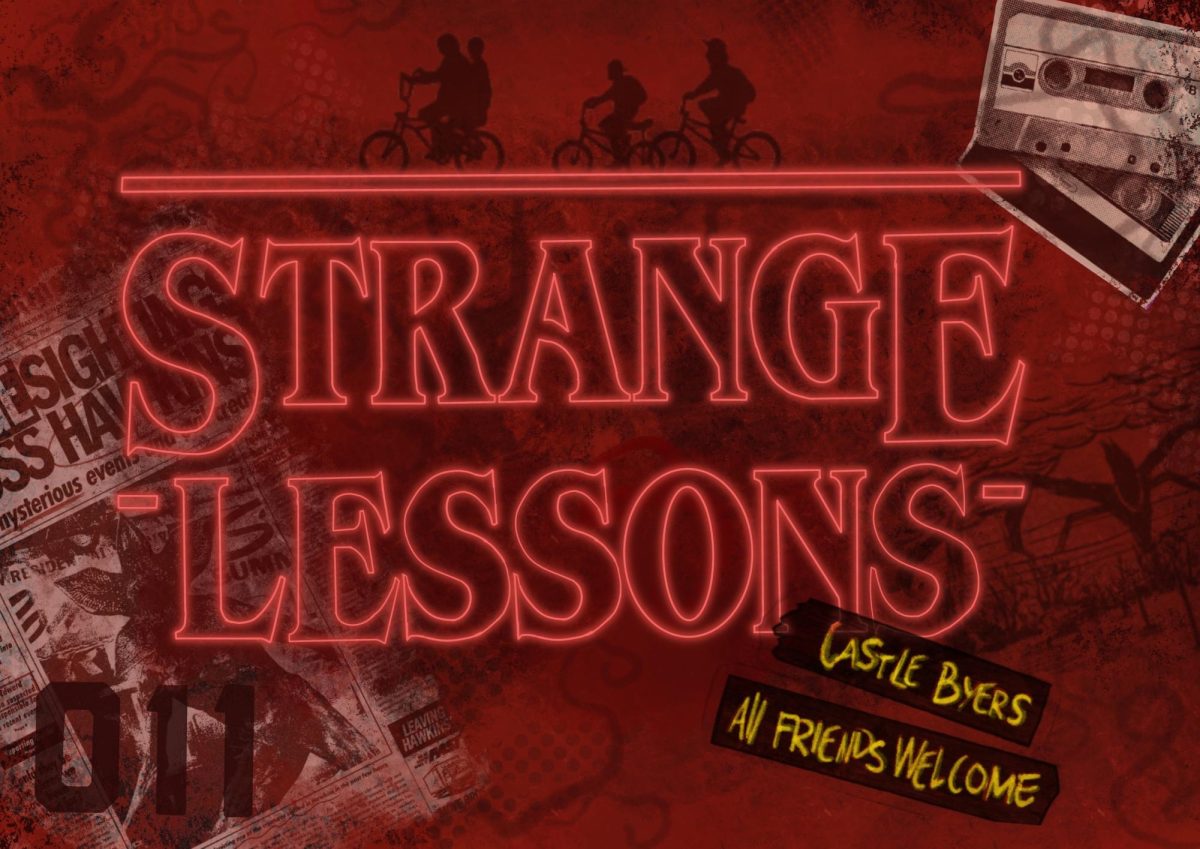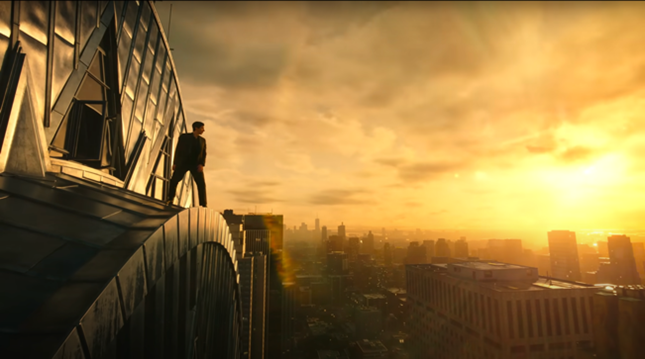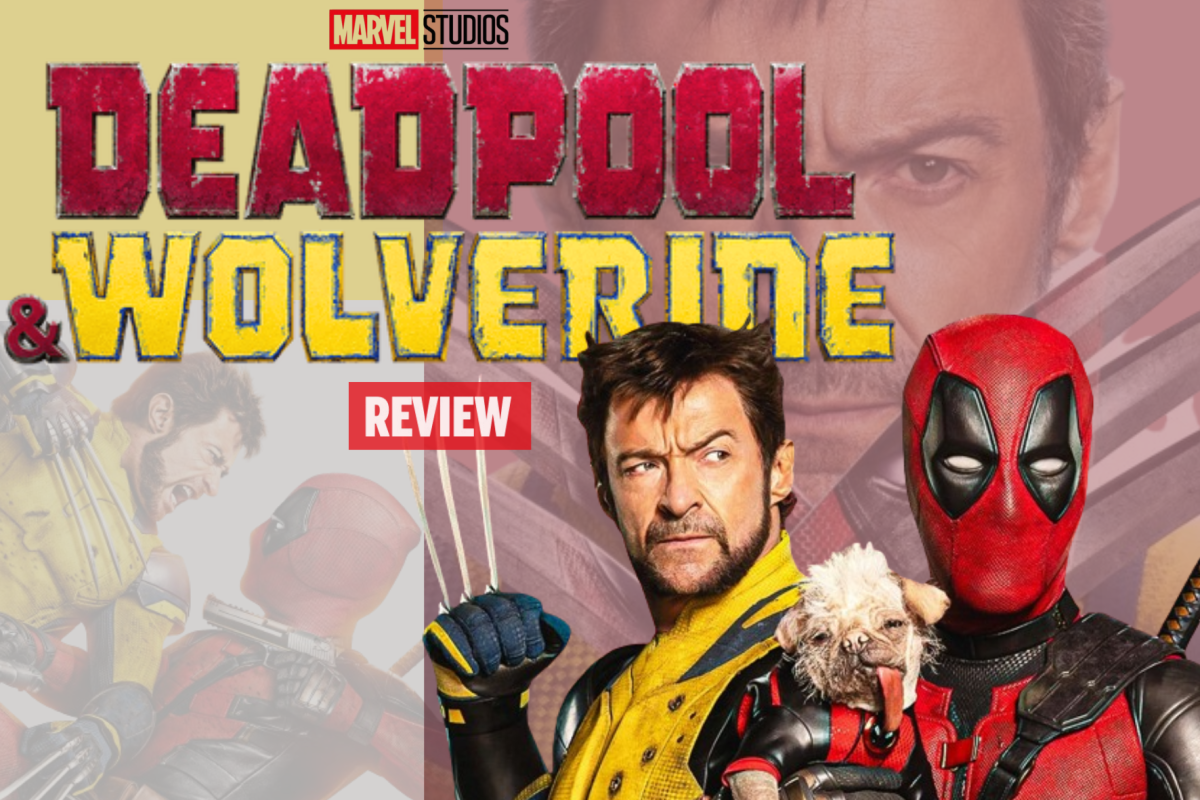“I’m not sure if I’ll be around to write a review on it, so I’ll part with this: The very notion of this film’s existence is an immense triumph. To round off (Coppola’s) career with something so large yet unapologetically original and personal and for those who have seen it to already acknowledge its sheer ambition and confound is what arguably all artists want.”
This is how I ended my Megalopolis production insight article (which should be read for necessary context for this article). This has aged badly.
3 months ago, I got to attend the Australian premiere of Megalopolis, which releases in 2 weeks in theatres. In that time, I’ve not only digested the film fully and formulated an articulate opinion but have also been able to allow the terrible nightmare of this film’s production story to be released to the public. In this article, I’ll break down what was once thought to be a labour of love by a fearless and expressive artist was actually a disgraced and power-starved man running a horrid production.
Initial reports of the film’s crazed production had only initially suggested the film was over time and over budget. Whilst unprofessional, it’s not unheard of in the business. However, the story developed as the film has gotten closer to release. And what happened on set was far more sinister.
Initially reports came out that director Francis Ford Coppola would change scenes and shooting plans the day of, claiming he had just been suddenly inspired. In doing so, sets went wasted and crew was left to work around his abrupt shift in plans, going as far as to say these new ideas “didn’t make sense, and didn’t follow anything anybody had spoken about or anything that was on the page, and we’d all just go along with it, trying to make the best out of it”. Even worse, he’d respond to their confusion by locking himself in his trailer to smoke marijuana. However, this is unfortunately just the tip of the iceberg.
Reports then came out that the production of a nightclub sequence had Coppola approaching and kissing female extras without consent during shooting to “get them in the mood”. “I was in shock. I didn’t expect him to kiss and hug me like that. I was caught off guard,”, one female extra shared. Whilst Coppola initially denied such rumours, a video eventually surfaced of him with a microphone on the nightclub set proclaiming “Sorry, if I come up to you and kiss you. Just know it’s solely for my pleasure”. Deplorable. As it was self-produced by Coppola, there was no HR department to report his misconduct to, enabling Coppola to act however he pleased on set, which is a terrifying thought. Since then, the film’s marketing has been a disaster. In-between proudly announcing he intentionally casted “cancelled” actors to avoid making a “woke Hollywood production” and using A.I generated fake critic quotes in the trailer, a comment I saw perfectly encapsulated the situation. I wanted to rewrite the statement into my own words, but there’s really no way of putting it any better:
“We wanted an underdog story, and what we got was a crazy old man using what’s left of his fame and wealth to do whatever he wants. Breaking the rules in filmmaking comes from pushing the medium forward, not by skipping standards and practices”
With all this being said, does the film at the very least live up to the medium-shattering expectations?
No.
Megalopolis is a film that at its very core has something powerful to say about the world around us. And occasionally, the film is powerful in its execution of its message. But when it’s too busy cluttering and overstuffing sequences, the film confuses itself greatly and you’re just left wondering…why execute it this way?
The film certainly is one of a kind. And there are a wide range of elements I enjoyed. First, the film is…funny. As in like, there are intentional jokes and attempts of hijinks which surprisingly frames the film almost like a cartoon at points, something I’d have never expected. It’s genuinely downright silly at points, which I found myself enjoying. The film is also (occasionally) stunning to be immersed in. Filmed for an IMAX ratio, the music and (most of) the visuals are something to behold (other times, they can be laughably bad though). But the images this film is able to produce are still in my mind months later. The performances are all also fantastic (even if I may despise the likes of Jon Voight and Shia LeBeouf). The film’s message is very simple, as Adam Driver’s character states in a sequence where someone walked to the front of my theatre and quite literally began talking to the character (no idea how they’ll implement that in the wide release) “is this way of living the only one that’s available to us today?”.
The film’s plot follows Adam Driver’s Cesar trying to rebuild the fictitious city New Rome into a utopia, with Giancarlo Esposito’s Cicero, the mayor, preventing this in order to focus on fixing the city how it is. When the film is laser-focused on this plotline, the film is fantastic. It genuinely is trying to say something about the potential our way of living has. The film provokes thought to both sides of the dilemma in lines such as “Don’t let the now destroy the forever” and “People don’t need dreams, they need help”. It’s in these golden cracks of the film, combined with its occasionally display of stunning visual imagery that I really found myself resonating with the film.
Unfortunately, the film’s biggest problem is cohesion.
This film’s “outlandishness” and “insanity” that made it so infamous feels so artificially stuffed into the movie and adds nothing but confusion to what should be a fairly simple but immensely powerful plot. And it’s hard to overlook when it takes up such large parts of this film’s 2 hour and 18-minute runtime. I feel if this film was a focused 100–110-minute fable that combines it’s digestible yet powerful plot with striking visuals and frequent comedic elements, this film would be so much more powerful. Unfortunately, the film insists on making itself feel greater only through adding complexity and unnecessary layers of plot (that I’m avoiding for spoilers).
That’s my opinion at the very least.
One thing I will say is that I do understand the wide range of opinions of this film, so I’d urge you to watch it to form your own opinion to promote discussion (because as the film states ”when there’s a dialogue, that in itself is a utopia”) if it weren’t for the fact you’d be giving money to a psycho old man.
Megalopolis could’ve been special. It should’ve been special. Instead, it’s an example of everything not to do when trying to aspire to greatness. So I urge you all, when aspiring for greatness…
Don’t get Shia LeBeouf involved.
























